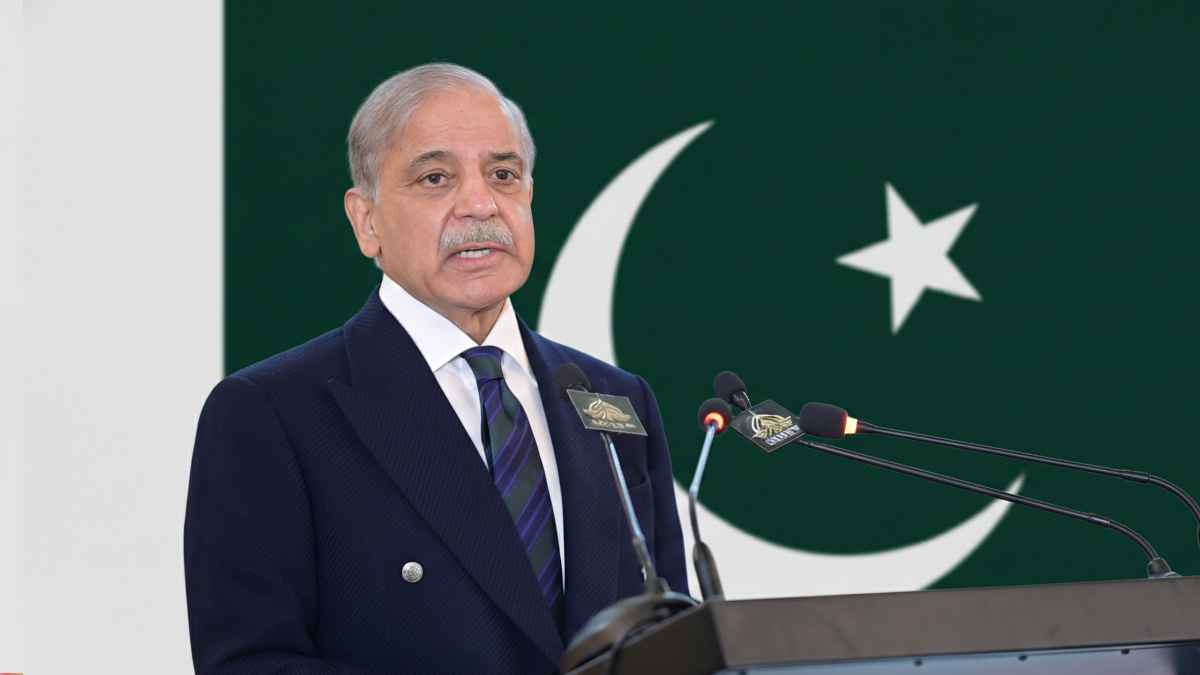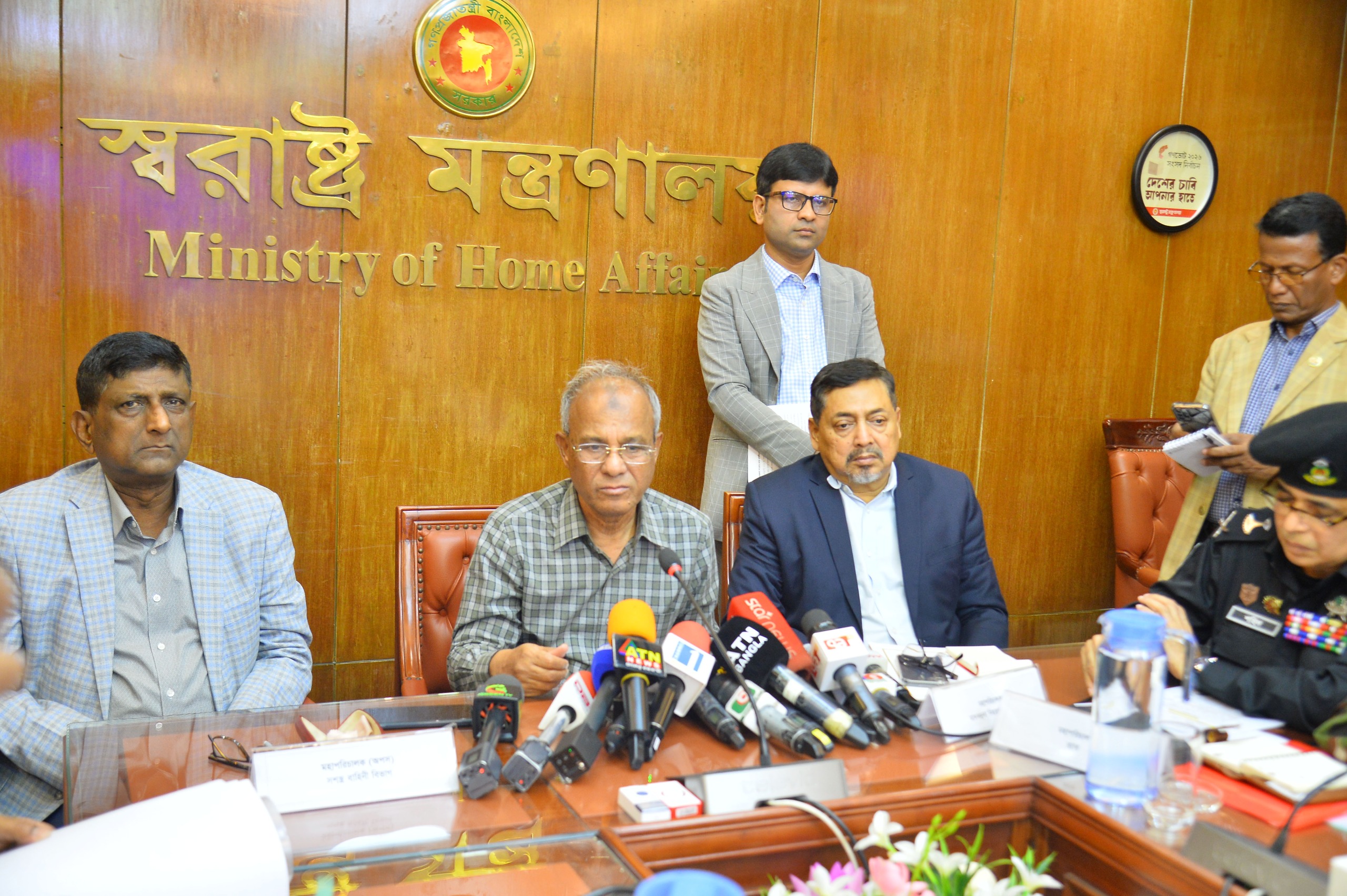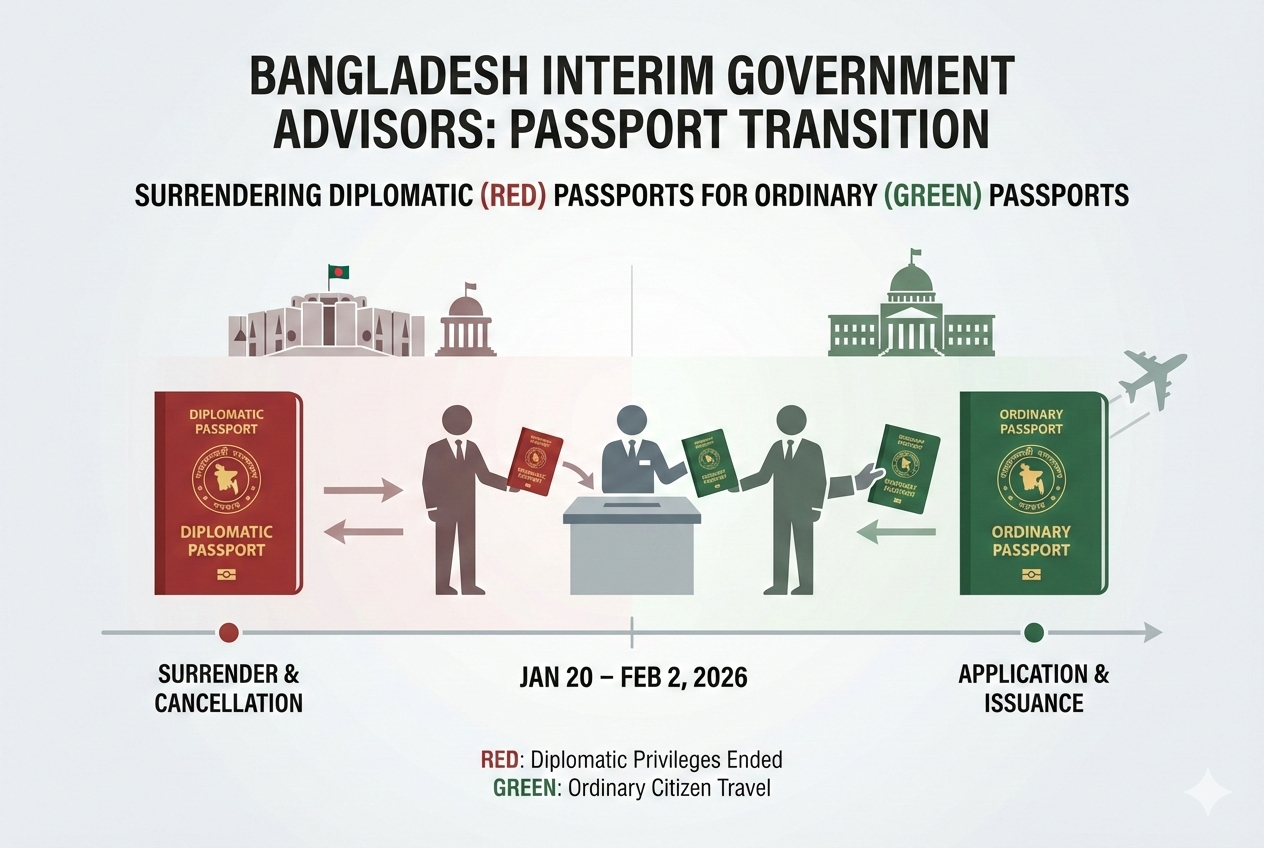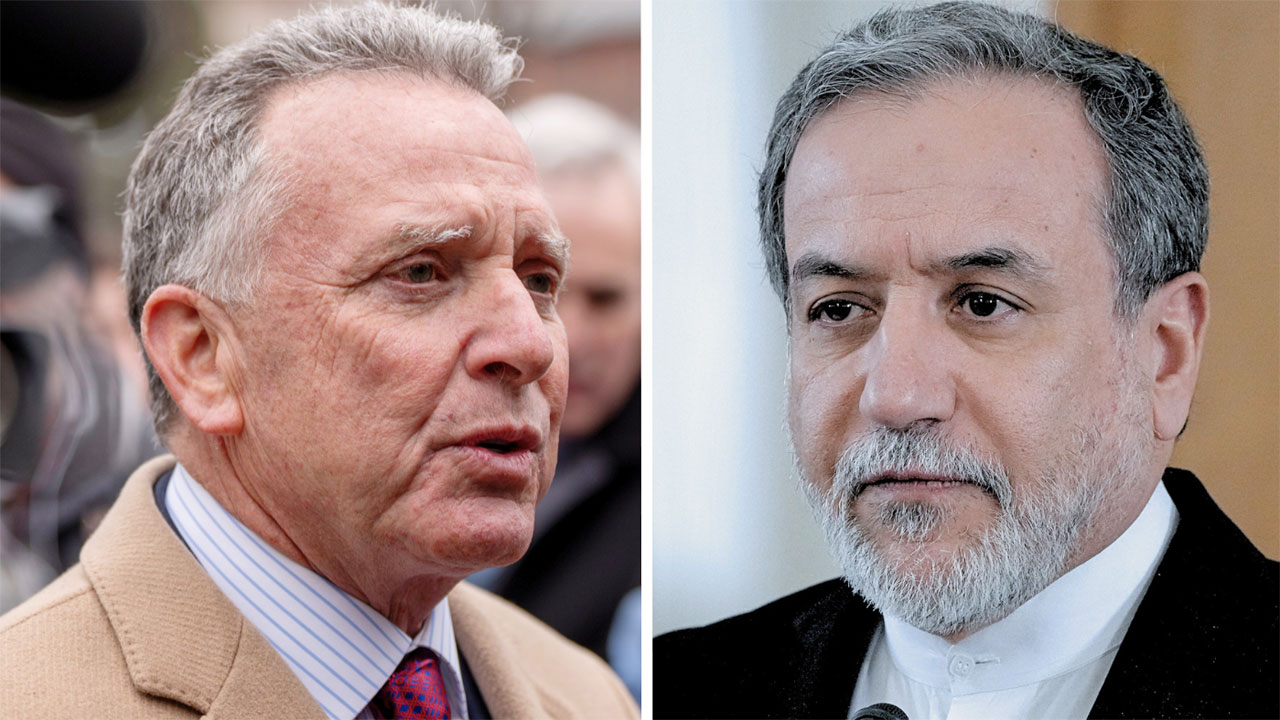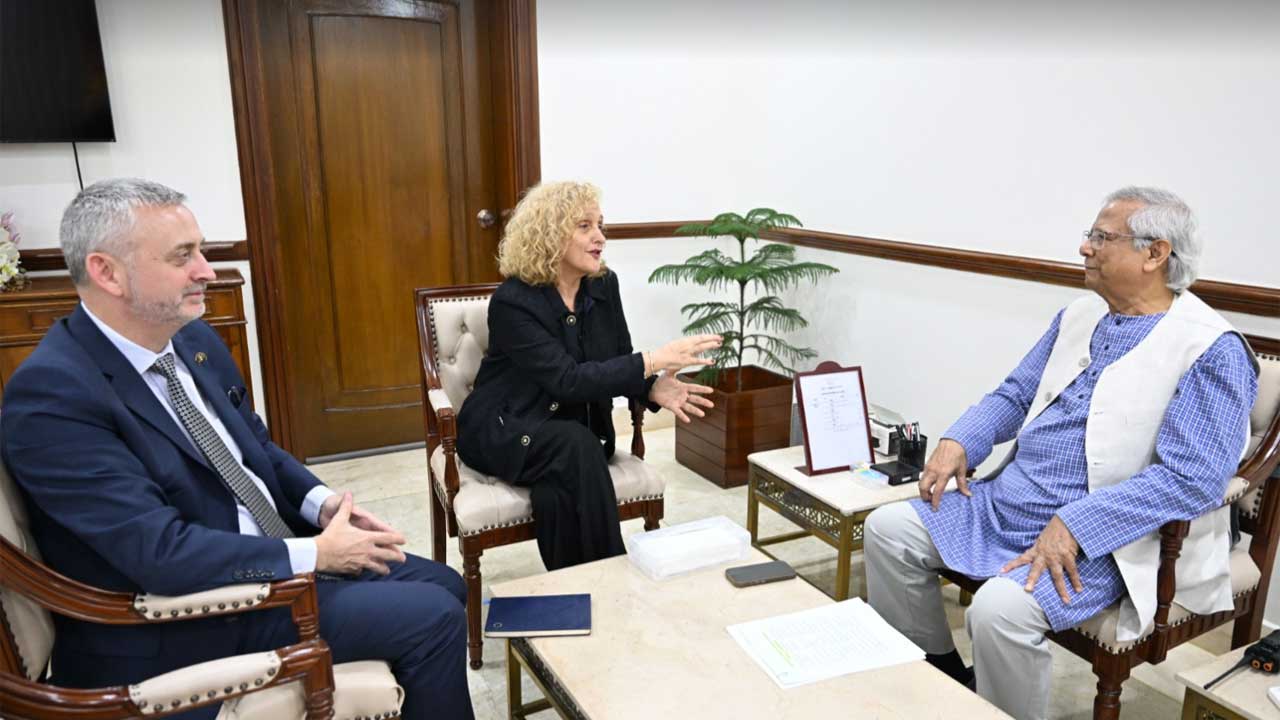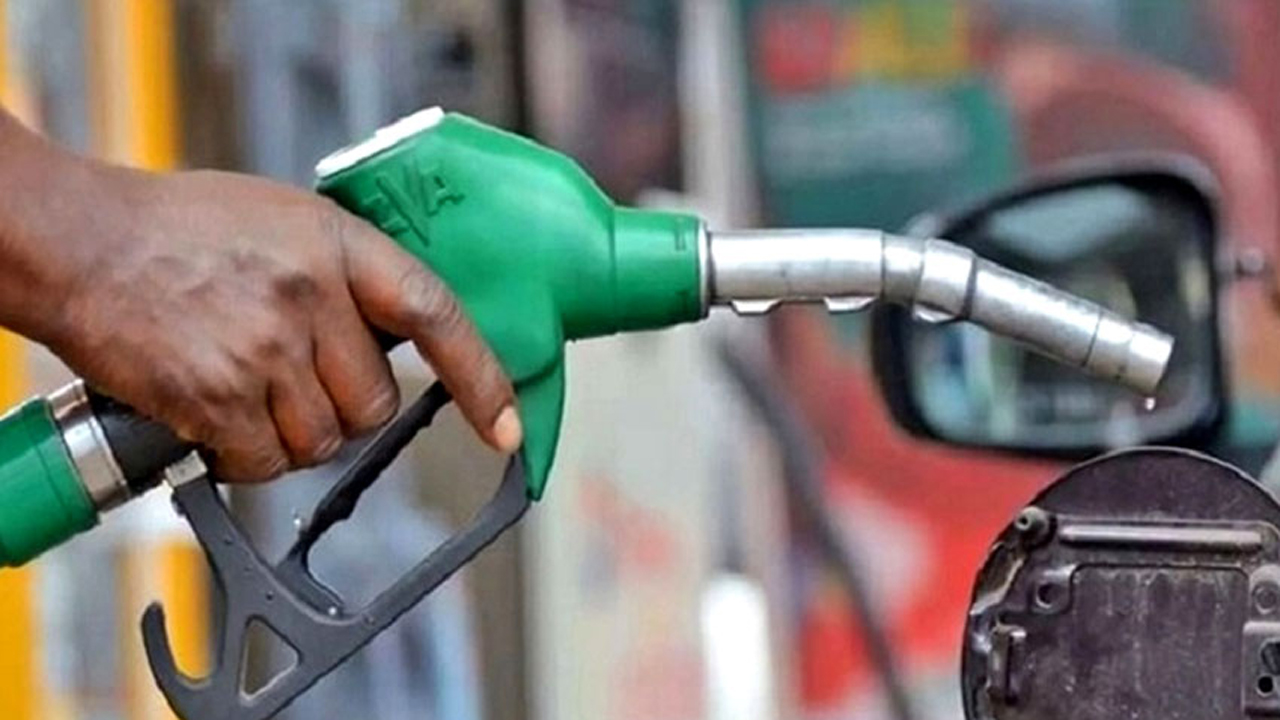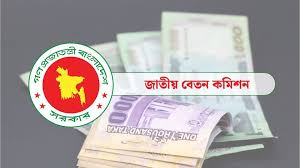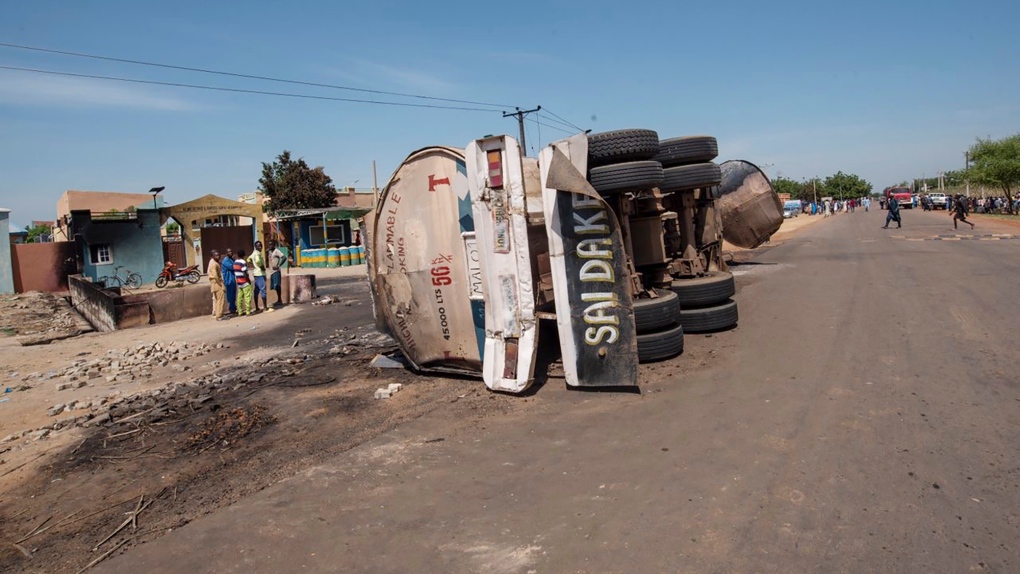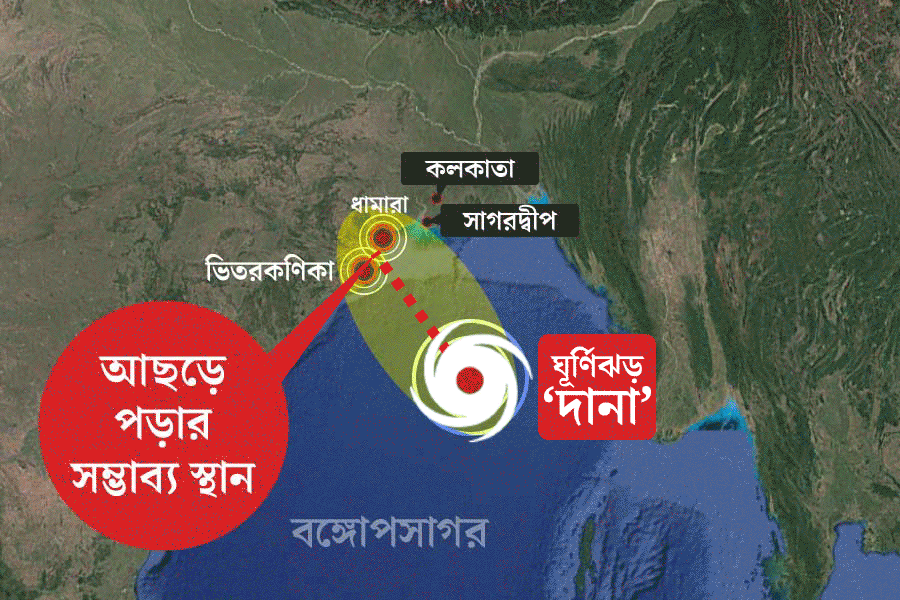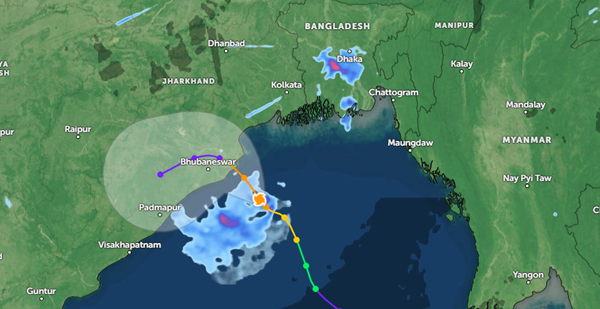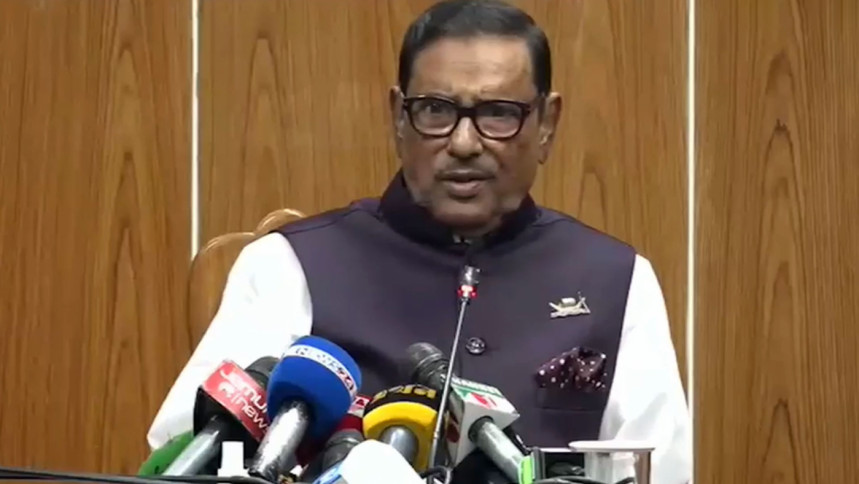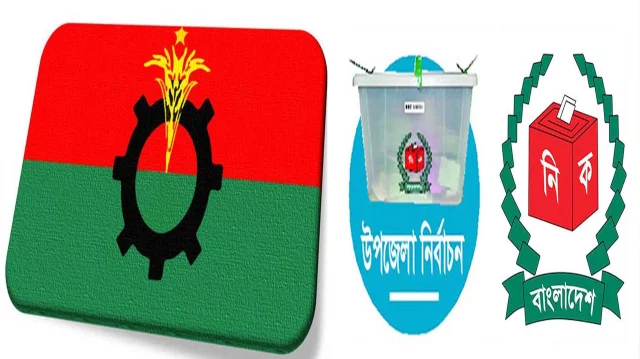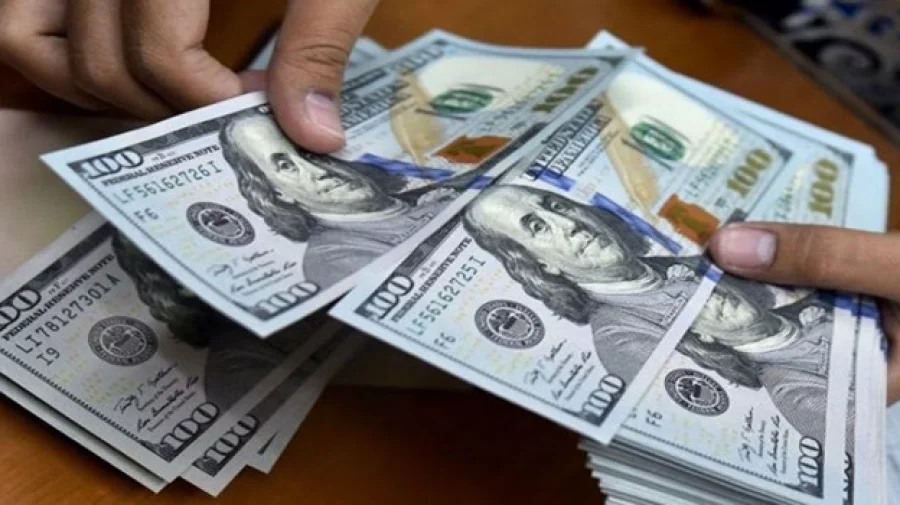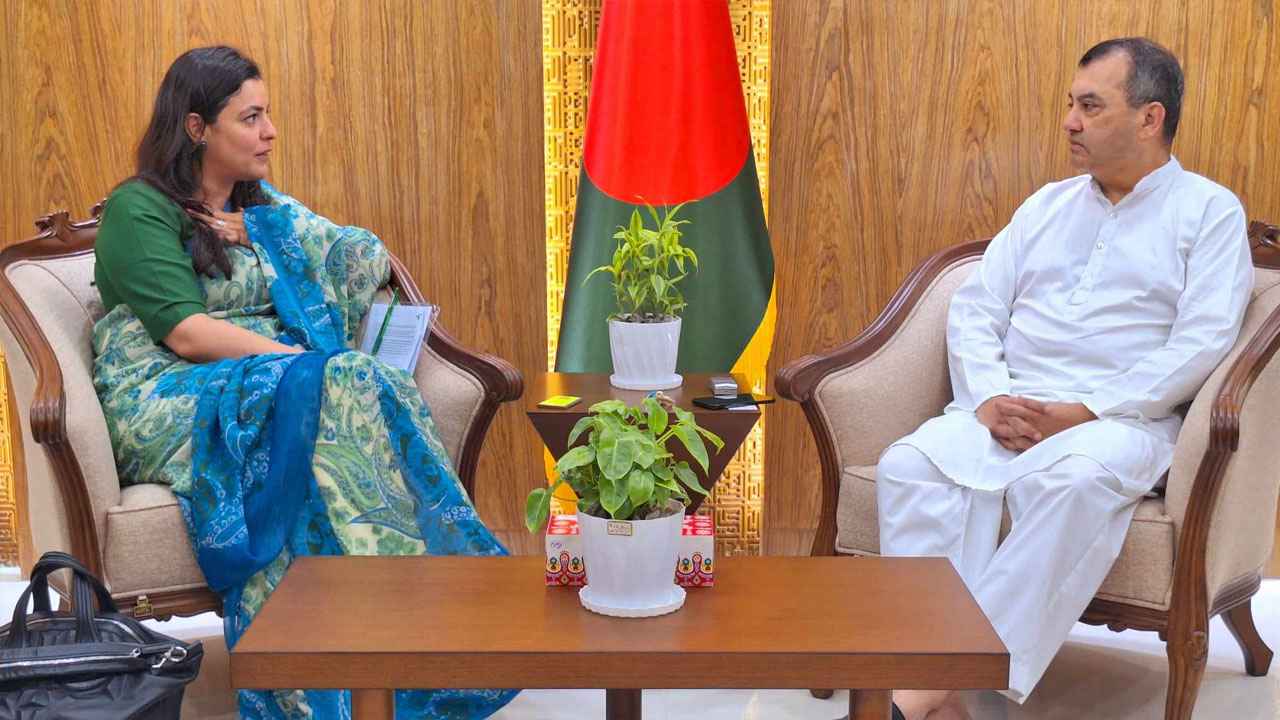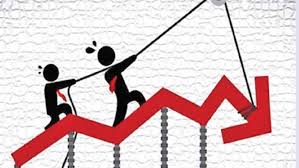
The country's economy was almost sinking due to a decade and a half of looting and irregularities, which has now reached the edge of the abyss. Even Bangladesh Bank hopes that the country's economy will turn around soon. However, economists believe that the financial sector's concerns have not subsided due to investment, employment, interest rates, distrust in banks and the continued increase in defaulted loans. They say that overall, the country's economy is currently at a crossroads of potential and crisis. The right leadership, a clear action plan and political will are needed to pull the financial sector forward. If these equations can be adjusted, the Bangladesh economy will once again take the form of the 'rising tiger' of South Asia in the next few years.
Analysts say that to assess the overall condition of a country's economy, 12 indicators are initially reviewed. They are - gross domestic product (GDP), inflation, unemployment rate, investment rate, foreign exchange reserves, export and import balance, revenue income, foreign debt, exchange rate, remittances, poverty rate and per capita income and capital market index. However, although Bangladesh has shown great success in reserves, remittances, import-export balance and exchange rate in the last one year, there is no visible improvement in other indicators. For this reason, they also believe that although the economy has turned around somewhat, it has not been able to return to the mainstream.
According to Bangladesh Bank, at the end of August 2024, the central bank's most important indicator of the country's economy was $25.58 billion. And according to the International Monetary Fund's (IMF) Balance of Payments and International Investment Position Manual (BPM-6), its amount was $20.47 billion. Although the country's usable reserves had decreased to $14 billion at that time, the reserves had increased to $30.86 billion as of last Sunday. And according to BPM-6, its amount was $25.87 billion. Currently, the country's usable reserves are about $21 billion. That is, the country's reserves have increased by $5.5 billion over the year. Not only that, but at the same time, $4 billion of previous bills of various government institutions in the country have been paid, which were deferred (postponed or pending) during the previous government.
According to Bangladesh Bank data, the country's foreign trade balance improved in the outgoing 2024-25 fiscal year, especially due to increased remittances and export earnings. The trade deficit decreased by 9.13 percent to $20.38 billion. Export earnings increased to $43.95 billion, an increase of 7.70 percent. In the last fiscal year, the current account surplus was $149 million; while the deficit in the previous fiscal year was $6.60 billion. The regular foreign trade situation of a country can be understood through the current account. It includes imports and exports, as well as other regular income and expenditure. If there is a surplus here, the country does not have to borrow any money for current transactions. However, if there is a deficit, it has to borrow money to meet it. There is also a surplus in the financial account. As of May of the 2024-25 fiscal year, the surplus in the financial account stood at $3.98 billion.
Meanwhile, as the country's banking sector's non-performing loans, provision deficit (adequate security reserves against non-performing loans), and capital deficit continue to set new records, there are concerns that the country's credit quality will decline further. This could lead to new difficulties for Bangladesh in its foreign trade.
Another success of the government in the last one year is restoring stability in the country's currency exchange rate. During the Awami League, there was great instability in the country's currency market due to continuous money laundering and hundi. Especially after the Corona pandemic, when the dollar crisis occurred, the currency exchange rate became unstable. As a result, the dollar rate increased from 86 taka to 130 taka. In such a context, the current government took various steps to reduce instability in the dollar market in the last one year. When the dollar rate stabilized, Bangladesh Bank left the currency exchange rate to the market in May. Even then, no instability was seen in the dollar market. On the contrary, now Bangladesh Bank has to buy dollars from the market to maintain the rate.
When asked about the overall situation, Bangladesh Bank Executive Director and Spokesperson Arif Hossain Khan said, "There have been major changes in the country's economy in one year. Especially since all avenues for smuggling money out of the country have been closed, we are seeing success in some areas including remittances and export earnings. Due to this, our foreign exchange reserves are also increasing."
When asked about the governor's comment that the country's economy is on the brink of a cliff, a Bangladesh Bank spokesperson said, "The governor did not mean that our economy is going to sink. What the governor meant was that the sinking economy has come to the brink of a cliff. We will soon return to the mainstream."
Data analysis shows that although the government has been able to control inflation to some extent in the past year, it has not been able to achieve the desired target. Inflation in the country was skyrocketing in the 2023-24 fiscal year. No government action could reduce commodity prices. But after the fall of the government in August last year, inflation has decreased somewhat. However, the government has not been able to achieve the target of reducing it to 7 percent by the end of the 2024-25 fiscal year. According to the Bangladesh Bureau of Statistics (BBS), inflation was 8.48 percent in June. But in July, overall inflation rose again to 8.55 percent.
